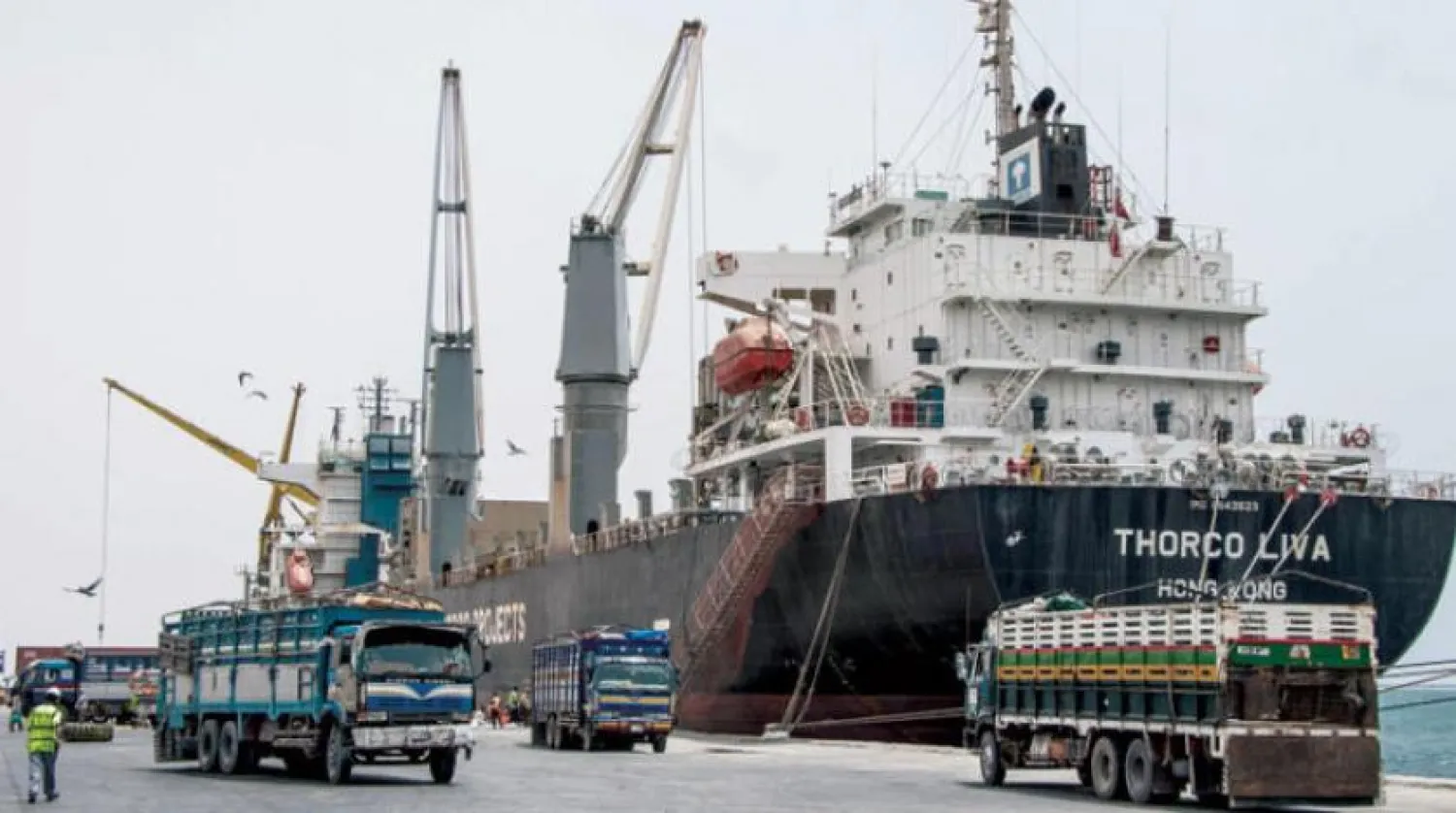The soporific seaside town of Berbera is slowly changing as it takes on a major role on the Red Sea shipping route, allowing breakaway Somaliland to dream of prosperity and even recognition.
At the Berbera port, dozens of containers are stacked on a sun-scorched platform and a few cranes creakily transfer sacks of sorghum and other goods from a rusting cargo ship.
The facilities are far from modern, but Somaliland hopes its position on one of the world's busiest shipping routes will turn the state into a job-creating dynamo -- and encourage international recognition 27-years after it split from Somalia.
Somaliland's ambitions were boosted in March when it struck a deal giving Dubai port giant DP World a 51-percent stake in the port and Ethiopia 19 percent.
DP World says it plans to invest $442 million (377 million euros) to modernize the port, with a first extension of 400 square meters (4,300 square feet) to begin in October that is expected to take 24 months, Agence France Presse reported.
"The benefit we expect from the development of the port is jobs. We expect to get many foreign investors to ... generate employment and income for us," said Saad Ali Shire, the Somaliland minister of foreign affairs.
Nevertheless the arrival of DP World has been a "cultural shock" for those used to the slow pace of business at the port, admits Said Hassan Abdullahi, director general of the port authority.
The deal has seen the number of containers transiting through Berbera double. Abdullahi predicts that the investment will cause throughput to increase fivefold -- a figure that will bring Berbera closer to the capacity of nearby Djibouti's ultra-modern ports.
The development will be a boon not only to Somaliland but also its landlocked neighbor Ethiopia -- a fast-growing economy with a population of 100 million people that is eyeing new ports across the region to export its goods.
Cut off from the coast since former province Eritrea won independence in 1993,, Ethiopia funnels 95 percent of its trade through Djibouti.
Somaliland, which avoided the anarchy and chaos Somalia has experienced over the past three decades, "is well positioned to have a more influential role when it comes to economic and trade issues," said Ahmed Soliman, a researcher at the London-based Chatham House think-tank.
However the DP World deal has angered Somalia, which does not recognize Somaliland's independence and declared it unconstitutional.
Some in Somaliland worry about the price they may have to pay, but Shire brushes aside their concerns.
"Of course, carrying foreign forces on your soil always carries a risk," he said. "(But) we believe that the benefits are more than the risks."









